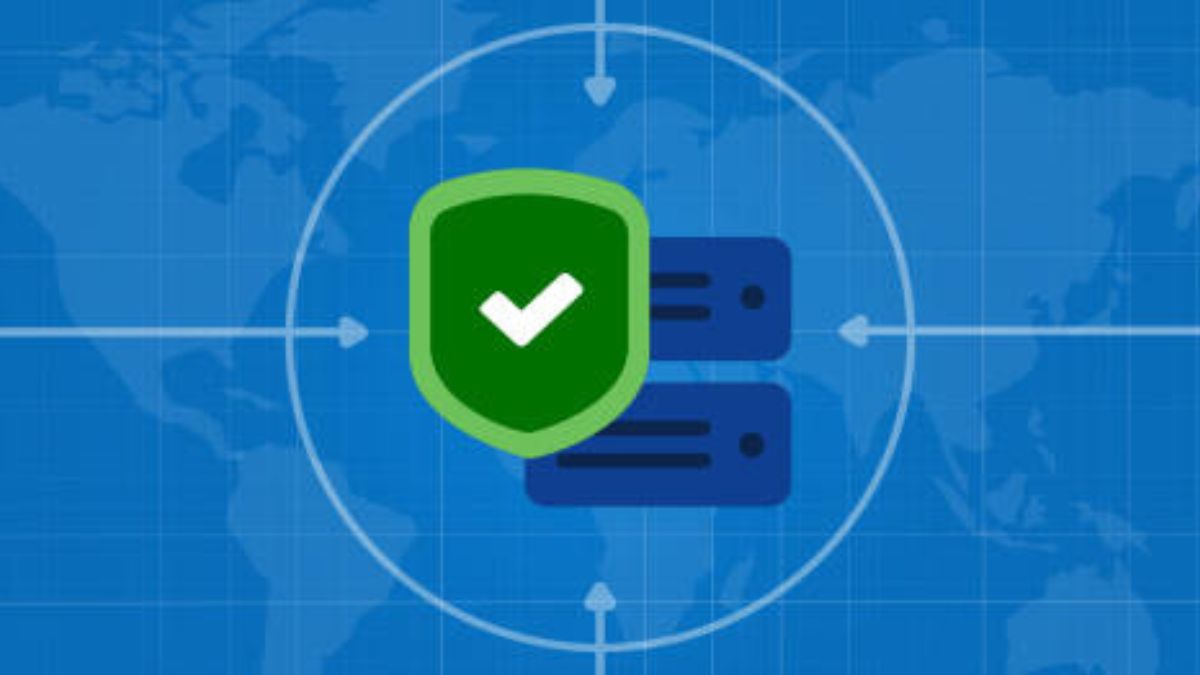Social media can make your job search simpler by associating you with managers, recruiters and industry specialists. This makes it more straightforward to share your resume and increment your online presence. As indicated by a survey, 84% of organizations utilize social media for job recruitment. 90% of recruiters typically use LinkedIn to find candidates on social media, while only 55% use Facebook, 47% use Twitter, and 11% use Instagram. Your digital footprint plays a crucial role in personalization in today’s world.
But what happens when you overuse social media? What if your emotional or political speech to your “friends” appeared in the feed of a current or potential employer? And how Digital Footprint Checker can protect your online reputation.
How Your Digital Footprint Can Sabotage Your Job Prospects?
Your online life is not private. Everyone from friends and family to potential partners, employers, and college recruiters can discover detailed and often personal information about you online and on social media. 88% of US recruiters stated they would consider firing an employee based on social media content. Demand for jobs in 2024 is high, so you must do your best. If you are looking for ways to make employment and retention your destiny then you need to reflect on what your avatar symbolizes.
If you are worried about how you are perceived online, the KYC AML guide offers professional advice that would enable you to understand the risks and how to deal with them.
Inappropriate Content:
Your digital footprint can hurt your business possibilities if it contains unprofessional content like hostile language or prejudicial remarks. Your professional image can also be impacted by personal posts.
Misleading Information:
Your chances of getting a job can be harmed if you apply with inaccurate information. Bosses might scrutinize your trustworthiness to work if they track down errors in your work history or qualifications.
Negative Online Behavior:
This normally happens if you rant about your previous employers or engage in outrageous public commentaries which are negative and may influence your ability to work as a team in an organization.
To learn more about digital footprint checker, read our article “5 Reasons to Regularly Check Your Digital Footprint.”
Best Practices for Job Seekers
1. Search Your Name Online
Utilize a digital footprint checker to look for your name on well-known search tools and social media. Look for content or information that might give the wrong impression. Images, messages, comments, and mentions of contentious subjects are all examples of these. Make a note of what you find and determine whether it reflects your desired professional image.
2. Clean Up Your Online Presence
Review your online activities and social media to present them in a positive and professional light. Unprofessional posts, comments, or photos are examples of content that should be removed because they could hurt your employment prospects.
3 Reviewing and Updating Privacy Settings
Set aside some time to review and update the privacy settings of your social media. Change the visibility of your posts, photographs, and individual data with the goal that your interest group can get to them. This helps you control who can see your online activities and protects your privacy.
4. Monitor and Respond to Online Reviews:
Keep an eye out for platforms like review sites and industry forums where people might talk about your professional reputation. Answer immediately and expertly to positive and negative criticism, showing your development and commitment to professional development.
5. Enhance Your Online Reputation:
Avoid arguments and respond politely and constructively to online negative comments. Join proficient networks, share industry-related content, and consider making an individual site or blog to show your mastery. Using a digital footprint checker, creating a positive online presence entices potential employers.
6. Create and Maintain a LinkedIn Profile:
Create a LinkedIn profile that features your abilities and experience. Associate with experts in your industry and update your profile consistently. Also, share bits of knowledge participate in discussions, and engage with the community.
7. Establish Thought Leadership and Personal Branding:
Put your skills on display and establish yourself as a thought leader in your sector by using social media or blogging. Always share useful information, interact with your audience, and increase your online presence to establish authority and trust.
Bottom Line
If managing your online presence seems like too much work or takes too much time, you might want to use a digital footprint checker. It assumes a critical part in overseeing and improving your professional reputation. It ensures that your digital footprint mirrors your professional picture. It can give significant bits of knowledge and methodologies to molding and keeping a positive professional presence.











